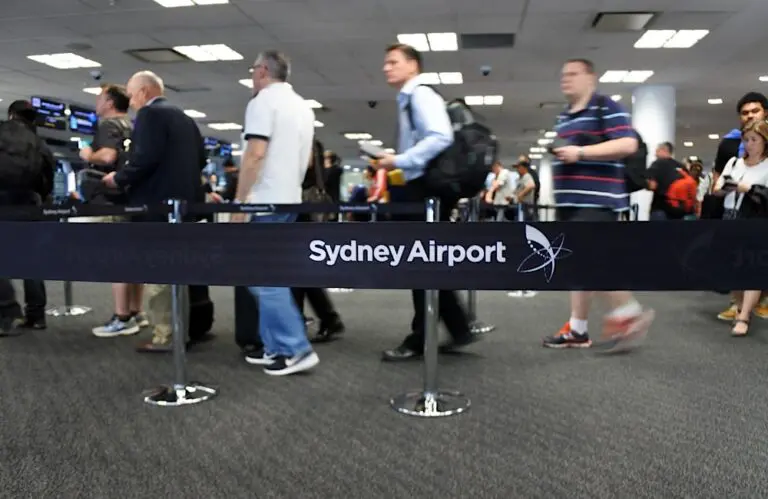Australians who paid upfront for heavily discounted holidays with online travel agency Traveldream have been told not to expect their money back, after a new administrator’s report revealed more than $1 million in customer payments were passed on to another collapsed company.
The report, from insolvency firm DVT McLeods, shows Traveldream transferred around $1.22 million to its major wholesaler, Melbourne-based My Travel Experience (MTE), to secure flights, accommodation and tours on behalf of its clients. However, MTE never paid the suppliers and went into external administration about two weeks ago.
Administrator Bill Karageozis said customer debts now total more than $1.42 million, the ABC reported.
With clients considered “unsecured creditors”, the chances of recovering money will depend on any debt recovery efforts and potential legal action, a process that could take up to a year.

The findings also raise questions about how Traveldream operated in its final months. According to the report, the business “may have been trading while insolvent” since June 2024 and failed to keep customer funds in a trust account.
Traveldream, registered as Australian Travel Deals Pty Ltd, collapsed in April 2025, leaving about 75 customers with existing bookings but no staff to assist them. The sole director since March has been Christopher Banson, who also co-owns Saltwater Properties, a company with interests in luxury holiday rentals and other ventures.
MTE, owned by Melbourne businessman Russell Masterton, had been a major wholesaler for Traveldream, supplying packages across Africa, Asia, Europe and the Americas. Its website was recently shut down.
Check the logo

For consumers and the industry, the case has underscored the importance of accreditation.
Following the OTA’s collapse, Australian Travel Industry Association (ATIA) CEO Dean Long urged consumers to check for the ATIA-accredited (formerly ATAS) logo when booking holidays.
“It is critical that travellers only book through an ATIA-accredited travel business,” he said.
“Accreditation is the best way to ensure you are dealing with a trusted, professional and financially sound operator. If a business is not accredited, you should ask why.”
According to ATIA, Traveldream lost its accreditation in March 2020 and has not been part of the program since.
It added that around one in six (16 per cent) applicants were rejected for failing to satisfy the rigorous annual accreditation criteria.

One of the ways that ATIA accreditation makes it safer for a consumer is the mandatory requirement of members to hold client accounts.
“Client accounts are critical tool in ensuring funds that are not yet earnt can be easily identified that the funds have not yet be earnt,” Long told Karryon.
“The compliance team uses a various strategies including looking at sudden changes in cash positions, long term adjustments, investment in new assets.”
Earlier this year, the association added five new agencies to its accreditation program.







